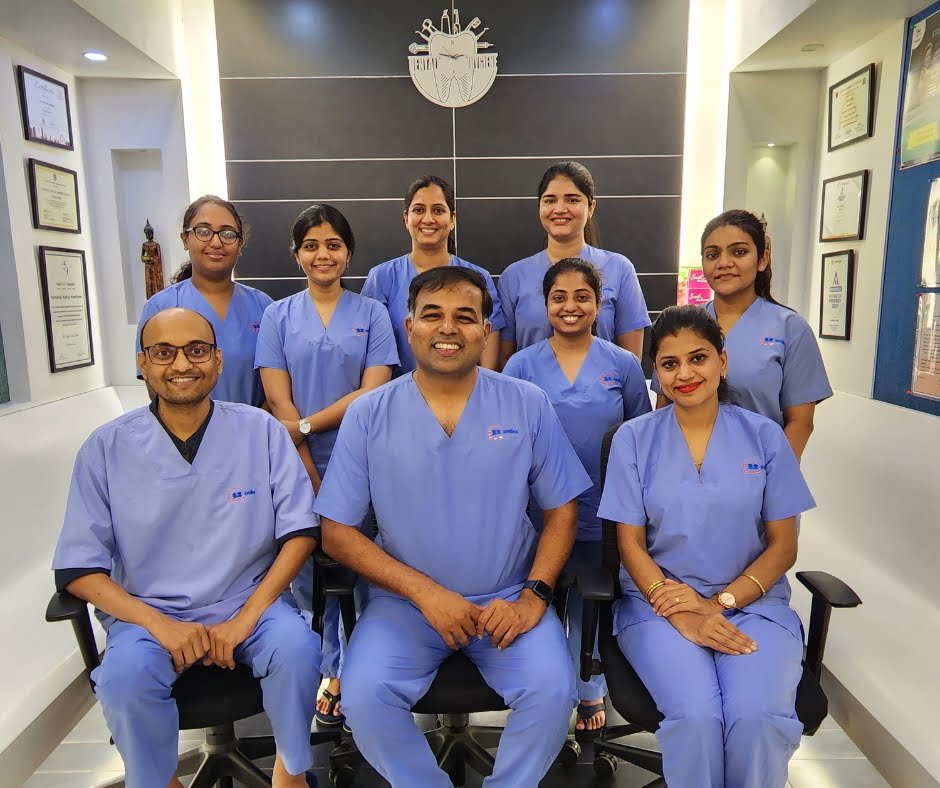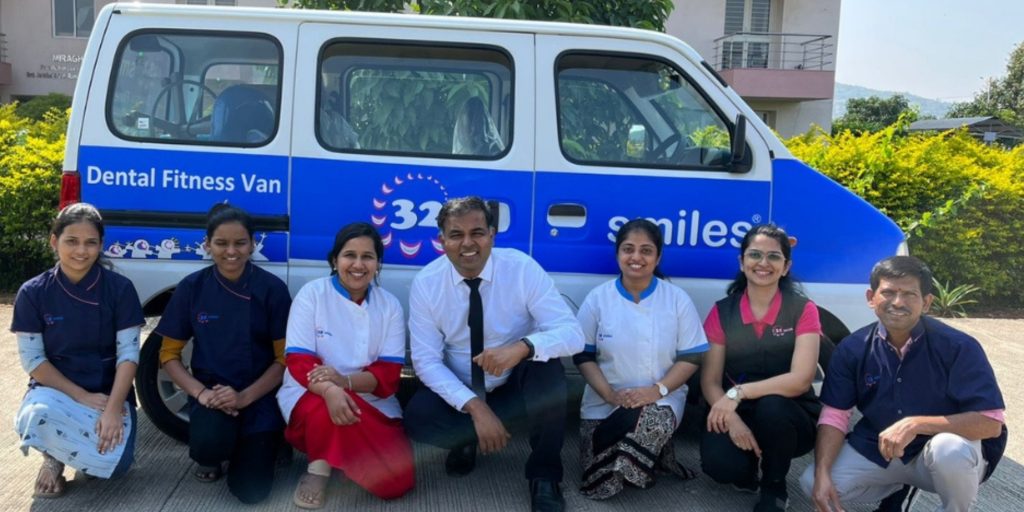Introduction
When it comes to restoring your smile and dental functionality, dental implants are a revolutionary solution. They offer a permanent and natural-looking replacement for missing teeth, allowing you to regain your confidence and oral health. However, like any dental procedure, dental implants require proper care and maintenance to ensure their longevity and prevent complications. In this article, we will explore essential tips and guidelines for caring for your dental implants to keep them in excellent condition and avoid potential issues.
1. Understanding Dental Implants
What are Dental Implants?
Dental implants are artificial tooth roots made of titanium that are surgically placed into the jawbone. They provide a sturdy foundation for replacement teeth, which are custom-made to match your natural teeth, giving you a seamless and beautiful smile.
How Do Dental Implants Work?
The process of osseointegration allows dental implants to fuse with the jawbone, creating a stable and durable anchor for the artificial teeth. This integration ensures that the implants function and feel just like natural teeth.
Types of Dental Implants
There are various types of dental implants available, including endosteal implants, subperiosteal implants, and zygomatic implants. Your dentist will recommend the most suitable type based on your specific needs and jawbone condition.
2. Benefits of Dental Implants
Advantages of Dental Implants Over Other Tooth Replacement Options
Compared to traditional dentures and bridges, dental implants offer several unique benefits:
Improved Oral Function
Dental implants restore full chewing power, allowing you to enjoy your favorite foods without worry. They also improve speech and eliminate the discomfort and inconvenience of removable dentures.
Aesthetically Pleasing
With dental implants, you get a natural-looking and aesthetically pleasing smile. The implants blend seamlessly with your existing teeth, enhancing your facial appearance and boosting your self-confidence.
Preserving Jawbone Health
Dental implants stimulate the jawbone, preventing bone loss that commonly occurs with tooth loss. This preservation of jawbone density helps maintain facial structure and prevents premature aging.
3. Dental Implant Procedure and Aftercare
The Dental Implant Procedure Explained
The dental implant process typically involves several steps:
Initial Consultation and Treatment Planning
During the initial consultation, your dentist will assess your oral health, jawbone density, and discuss your treatment goals. A personalized treatment plan will be created based on these factors.
Dental Implant Surgery
The dental implant surgery is performed under local anesthesia, ensuring minimal discomfort. The dentist will make an incision in the gum to expose the jawbone and then place the implant into the bone. After the surgery, a healing period of several months is required for osseointegration to occur.
Recovery Period and Post-Surgery Care
Following the surgery, it’s essential to follow your dentist’s post-operative instructions carefully. This includes managing pain and swelling, eating soft foods, and maintaining oral hygiene.
Pain Management After Dental Implant Surgery in Pune
Dr. Milind Darda and his team at 32Smiles Dental Clinic prioritize patient comfort and offer effective pain management strategies after dental implant surgery in Pune.
4. Caring for Your Dental Implants
Maintaining Oral Hygiene
Proper oral hygiene is crucial to the long-term success of dental implants. Regular brushing and flossing are essential to keep your implants and surrounding gums clean and healthy.
Brushing Techniques for Implants
Use a soft-bristled toothbrush and gentle circular motions to clean the implant crowns thoroughly. Avoid abrasive toothpaste or brushing too hard, as it can damage the implant’s surface.
Flossing Around Implants
Flossing is essential to remove plaque and debris between teeth and implants. Use a floss threader or interdental brushes designed for implants to ensure proper cleaning.
Using Interdental Brushes
Interdental brushes can clean areas that regular toothbrushes and floss may miss. They are effective for reaching between implants and natural teeth.
Mouthwash and Rinsing Recommendations
Rinsing with an antibacterial mouthwash can help reduce bacteria and maintain oral hygiene. Your dentist may recommend a suitable mouthwash for your dental implants.
Regular Dental Check-ups
Regular dental check-ups are vital for monitoring the health of your dental implants and identifying any potential issues early on. Visit your dentist as recommended for professional cleanings and examinations.
5. Dietary Considerations for Dental Implants
Foods to Avoid
Avoid hard and sticky foods that can put excessive pressure on your dental implants and potentially damage them. Refrain from biting on ice, hard candies, and using your teeth to open packages.
Foods That Promote Dental Implant Health
A balanced diet rich in nutrients supports overall oral health and can contribute to the success of your dental implants. Consume foods that are high in vitamins and minerals, such as fruits, vegetables, and lean proteins.
6. Preventing Dental Implant Complications
Peri-Implantitis: Causes and Prevention
Peri-implantitis is an inflammation of the tissues surrounding dental implants. It is essential to understand the causes and take preventive measures to avoid this condition.
Recognizing the Signs of Peri-Implantitis
Watch out for symptoms such as redness, swelling, bleeding, and discomfort around the implant area. If you notice any of these signs, seek immediate dental attention.
Tips to Prevent Peri-Implantitis
Maintaining excellent oral hygiene, quitting smoking, and attending regular dental check-ups are effective ways to prevent peri-implantitis and ensure the longevity of your dental implants.
7. Habits to Avoid
Impact of Smoking on Dental Implants
Smoking can significantly increase the risk of implant failure and complications. Quitting smoking is crucial to ensure the success of your dental implants.
Bruxism and its Effects on Implants
Bruxism, or teeth grinding, can place excessive pressure on dental implants and lead to damage. If you have bruxism, your dentist may recommend a nightguard to protect your implants while you sleep.
Importance of Quitting Smoking
Quitting smoking not only benefits your overall health but also improves the success rate of dental implants and enhances your oral well-being.
Managing Bruxism
If you have bruxism, your dentist may suggest strategies to manage this condition, such as stress reduction techniques and wearing a nightguard.
8. Longevity of Dental Implants
How Long Do Dental Implants Last?
The lifespan of dental implants varies depending on several factors:
Factors Affecting Dental Implant Lifespan
Proper oral hygiene, regular dental check-ups, lifestyle choices, and overall health contribute to the longevity of your dental implants.
Maintaining Long-term Implant Success
By following the care guidelines provided by your dentist and practicing good oral hygiene, you can increase the chances of your dental implants lasting a lifetime.
9. Special Care for Implant-Supported Dentures
Benefits of Implant-Supported Dentures
Implant-supported dentures offer greater stability and comfort compared to traditional removable dentures.
Cleaning and Maintaining Implant-Supported Dentures
Maintain proper oral hygiene and visit your dentist regularly to ensure the health and durability of your implant-supported dentures.
10. When to Seek Professional Help
Recognizing Signs of Implant Complications
Regular dental check-ups are essential for monitoring the health of your dental implants, but it’s also crucial to be aware of potential warning signs between visits:
Redness, Swelling, and Discomfort
If you notice any redness, swelling, or discomfort around the implant area, it may be a sign of inflammation or infection. Contact your dentist promptly to address the issue.
Loosening or Shifting of Implants
Dental implants should feel stable and secure. If you notice any movement or shifting of the implant, it may indicate a problem that requires immediate attention.
Prosthesis Damage
If your implant-supported crown or denture becomes damaged or fractured, contact your dentist immediately. Delaying repairs could lead to further complications.
11. Dr. Milind Darda and 32Smiles Dental Clinic
About 32Smiles Dental Clinic
32Smiles Dental Clinic is an award-winning dental clinic in Pune, founded by Dr. Milind Darda. The clinic is dedicated to providing exceptional dental care and ensuring patient comfort and satisfaction. (Use Provided Information)
Dr. Milind Darda: Pune’s Best Orthodontist
Dr. Milind Darda is a highly skilled and experienced orthodontist known for his commitment to excellence in dental care. With a passion for delivering the best results, Dr. Darda and his team at 32Smiles Dental Clinic have helped countless patients achieve healthy and confident smiles. (Use Provided Information)
12. Conclusion
In conclusion, dental implants offer an excellent solution for restoring your smile and dental functionality. To ensure the long-term success of your dental implants and prevent complications, proper care and maintenance are essential. Remember to maintain excellent oral hygiene, follow your dentist’s aftercare instructions, and adopt a balanced diet.
Regular dental check-ups are vital for monitoring the health of your dental implants and addressing any issues promptly. By avoiding harmful habits like smoking and managing conditions like bruxism, you can significantly enhance the longevity of your dental implants.
If you are considering dental implants, consult with Dr. Milind Darda and the expert team at 32Smiles Dental Clinic. Their dedication to patient comfort and satisfaction, combined with their expertise in dental care, will ensure that you receive the best possible treatment for a healthy, confident smile.
FAQs
Popular Searches
Best Dentists Pune | Best Orthodontists Pune | Best Invisalign Clinic Pune | Best Root Canal Pune | Best Braces Clinic Pune








